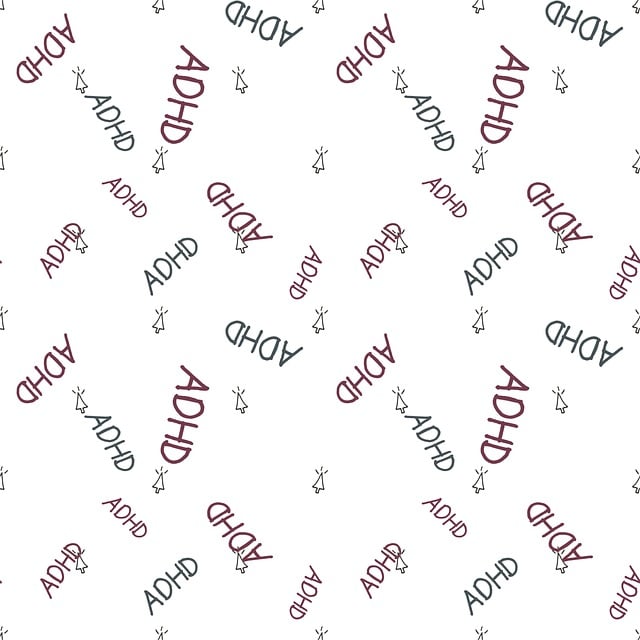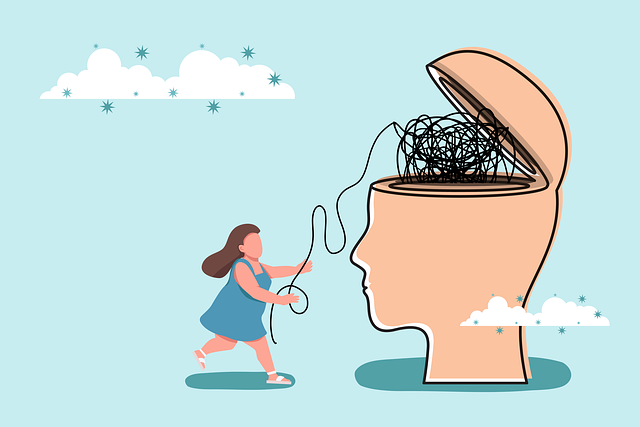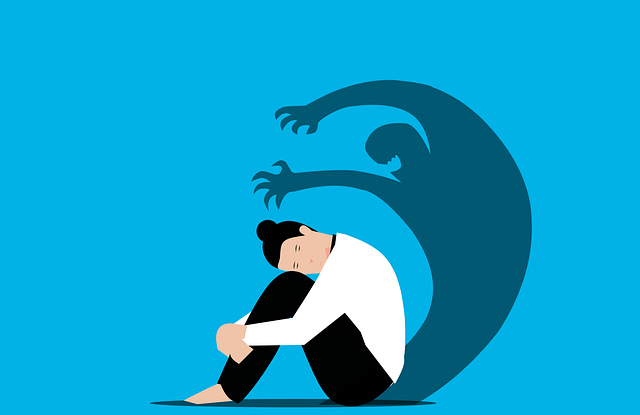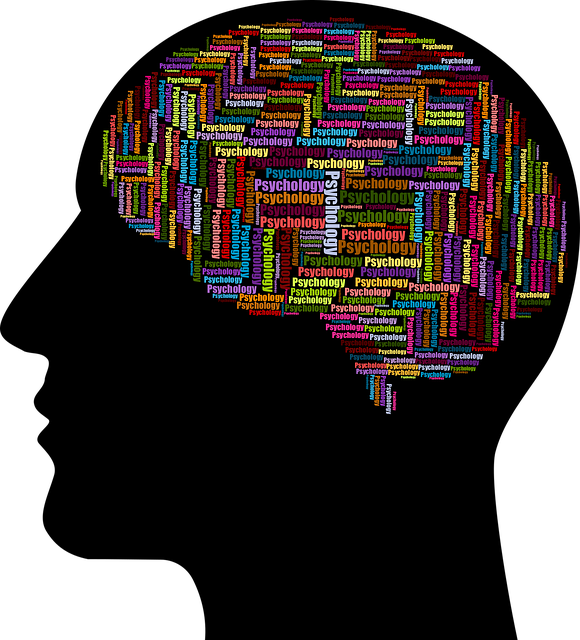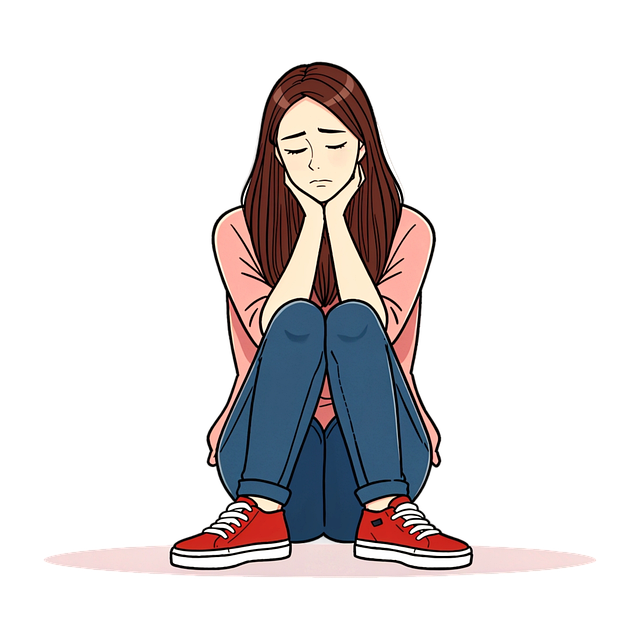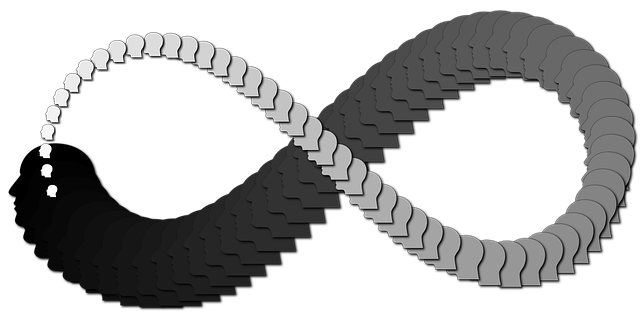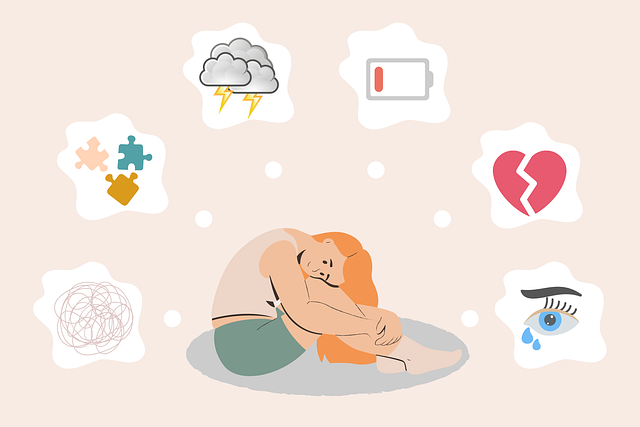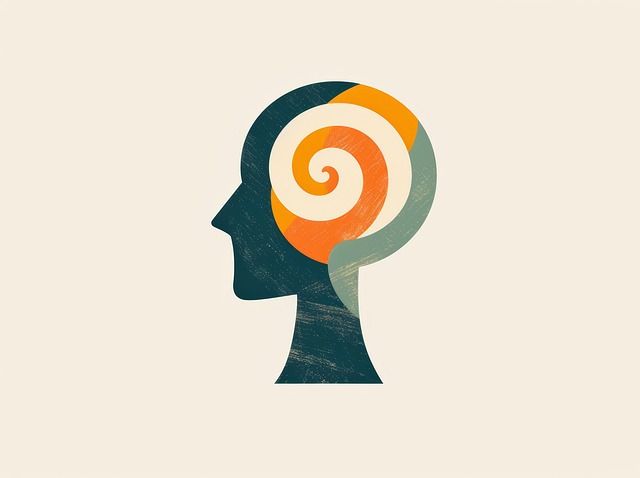Highlands Ranch is tackling mental illness stigma, specifically around Oppositional Defiance Disorder (ODD), through community-wide education and support. By integrating mental wellness coaching into community development, schools, workplaces, and centers provide access to accurate ODD information and treatment options. Open discussions, workshops, and support groups normalize conversations, encourage early intervention, and reduce judgment, ensuring individuals with ODD or similar conditions receive appropriate therapy. Culturally sensitive Highlands Ranch oppositional defiance disorder therapy, including CBT, addresses emotional dysregulation and cognitive distortions, empowering residents to lead fulfilling lives free from stigma.
In Highlands Ranch, as across the nation, mental illness stigma continues to hinder individuals seeking help. This article delves into crucial aspects of reducing this barrier, focusing on Oppositional Defiance Disorder (ODD) specifically. We explore ‘Understanding Mental Illness and Stigma’ in the community, highlighting the need for education and awareness. Furthermore, we present effective therapy approaches tailored to Highlands Ranch residents struggling with ODD, offering a path towards breaking the cycle of stigma. By implementing these strategies, we aim to foster a more supportive environment.
- Understanding Mental Illness and Stigma: The Need for Education and Awareness in Highlands Ranch
- Overcoming Barriers: Strategies for Reducing Stigma Related to Oppositional Defiance Disorder (ODD)
- Effective Therapy Approaches for ODD in Highlands Ranch: A Path towards Breaking the Cycle of Stigma
Understanding Mental Illness and Stigma: The Need for Education and Awareness in Highlands Ranch

In Highlands Ranch, understanding mental illness and combating stigma require concerted efforts to educate and raise awareness among residents. Mental health conditions, such as Oppositional Defiance Disorder (ODD), are often misunderstood, leading to unnecessary fear, discrimination, and isolation. Education is key; it empowers individuals to recognize symptoms, dispel myths, and foster empathy. By integrating mental wellness coaching programs into community development, Highlands Ranch can promote proactive stress management strategies and reduce the impact of stigma. These initiatives should target schools, workplaces, and community centers, ensuring that everyone has access to accurate information.
Community engagement is vital in reducing mental illness stigma. Through open discussions, workshops, and support groups, residents can learn about various conditions, their treatments, and the importance of early intervention. In light of these efforts, individuals facing challenges like ODD can access appropriate therapy, receive support, and lead fulfilling lives. The ultimate goal is to create an inclusive environment where mental health is prioritized, ensuring that those affected seek help without fear of judgment.
Overcoming Barriers: Strategies for Reducing Stigma Related to Oppositional Defiance Disorder (ODD)

Overcoming barriers to mental illness stigma reduction is crucial, especially when addressing conditions like Oppositional Defiance Disorder (ODD) in Highlands Ranch communities. ODD often manifests as persistent defiant and hostile behavior, leading many to stigmatize affected individuals as rebellious or problematic. However, with effective therapy and support, these perceptions can be challenged.
Highlands Ranch oppositional defiance disorder therapy focuses on improving communication strategies and mood management skills. By teaching both the individual and their family positive coping mechanisms and ways to navigate challenging situations constructively, stigma can be reduced. Encouraging open dialogue about mental health, normalizing conversations around ODD, and promoting understanding can foster an environment where support and acceptance thrive. These efforts collectively contribute to broader mental illness stigma reduction efforts.
Effective Therapy Approaches for ODD in Highlands Ranch: A Path towards Breaking the Cycle of Stigma

In Highlands Ranch, Oppositional Defiance Disorder (ODD) therapy has emerged as a powerful tool in the mental health arsenal, offering hope and a path to recovery for those struggling with this condition. Effective ODD therapy goes beyond mere behavior modification; it aims to address the underlying emotional dysregulation and cognitive distortions that contribute to defiant behaviors. By employing evidence-based practices such as Cognitive Behavioral Therapy (CBT) tailored to ODD, therapists help individuals process and manage their emotions more effectively, fostering a sense of calm and control.
The success of these therapy approaches lies not only in their clinical effectiveness but also in the consideration of cultural sensitivity within mental healthcare practice. Understanding the unique experiences and challenges faced by individuals from diverse backgrounds is crucial in reducing mental illness stigma. Incorporating culturally responsive therapies ensures that treatment aligns with personal beliefs and values, promoting better engagement and positive outcomes. Through these comprehensive strategies, Highlands Ranch residents can break free from the cycle of ODD-related stigma, finding support and tools to lead fulfilling lives.
Mental illness stigma reduction is a multifaceted effort that requires education, awareness, and accessible therapy options. In Highlands Ranch, understanding mental health conditions like Oppositional Defiance Disorder (ODD) is key to breaking the cycle of stigma. By implementing effective strategies and therapies, such as those discussed in this article, communities can foster an environment where individuals with ODD receive support and have improved outcomes. Accessible and informed therapy for ODD in Highlands Ranch is not only a path towards personal growth but also a significant step in reducing the societal barriers that mental illness often faces.
